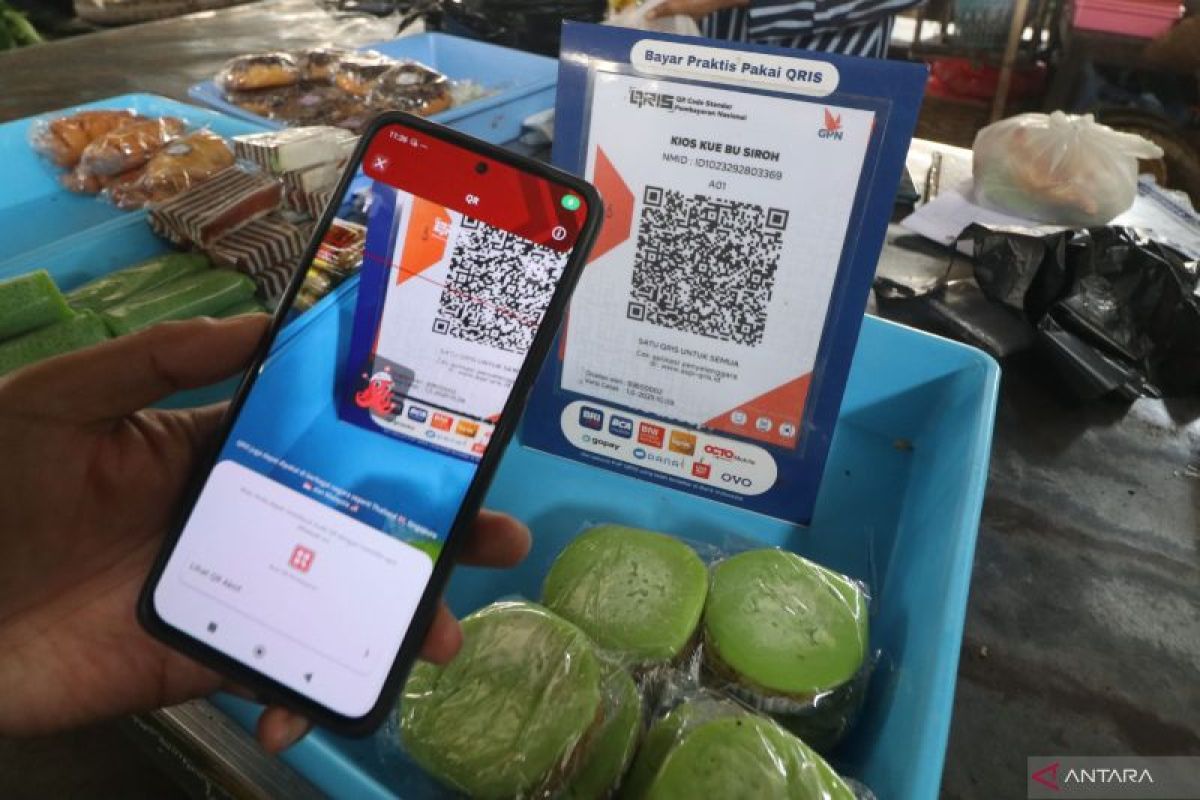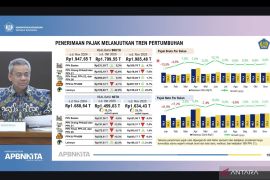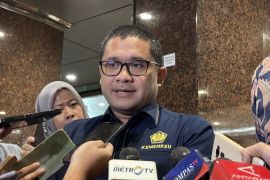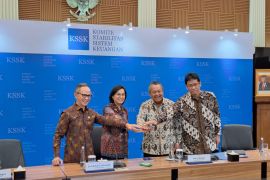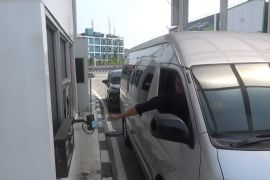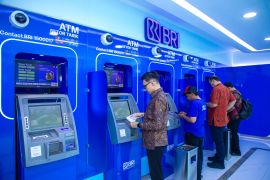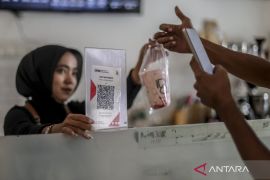"There is no VAT on QRIS transactions, just like with other debit card transactions," stated Hartarto in Tangerang City, Banten, Sunday.
The 12 percent VAT will only be levied on the value of goods and services, not on the transaction system itself. This 12 percent VAT rate will come into effect on January 1, 2025, he said.
He explained that individuals using QRIS for transactions within Indonesia or in other countries that have adopted this virtual payment system will not be subject to the 12 percent VAT.
It is well-known that QRIS has been widely implemented in various Asian countries, including Indonesia, Singapore, Malaysia, Vietnam, and Thailand.
"Even if they conduct transactions in these other Asian countries using QRIS, no VAT will be applied. This clarifies that the payment system itself is not subject to VAT, as the VAT is levied on the goods and services," Hartarto emphasized.
The same principle applies to the use of e-toll.
Furthermore, Hartarto clarified that VAT will also not be applied to essential commodities.
He stated that essential food items such as wheat flour, Minyakita cooking oil, and industrial sugar will remain exempt from the VAT increase.
The 12 percent VAT rate will also not be imposed on toll road fees, healthcare services, and education services, with the exception of specific goods and services.
The specific types of goods and services that will be subject to the 12 percent VAT will be determined at a later date.
Meanwhile, Dwi Astuti, Director of Counseling, Services, and Public Relations at the Directorate General of Taxes (DGT), clarified that the imposition of VAT on electronic money services has been in place since the enactment of VAT Law Number 8 of 1983.
The VAT Law has been subsequently updated with the passage of Law Number 7 of 2021 concerning the Harmonization of Tax Regulations (HPP).
Under the HPP Law, electronic money services are not included in the list of services exempt from VAT. This implies that when the VAT rate increases to 12 percent, the higher rate will also apply to electronic money transactions.
More detailed regulations regarding the imposition of VAT on electronic money transactions, or fintech services in general, are further outlined in Minister of Finance Regulation (PMK) 69 of 2022.
Services subject to VAT include electronic money (e-money), electronic wallets (e-wallets), payment gateways, switching services, clearing services, final settlement services, and fund transfer services.
VAT is applicable to service fees or commissions charged by the service provider. These include registration fees, balance top-up fees, transaction payment fees, fund transfer fees, and cash withdrawal fees for electronic money.
The same principle applies to electronic wallet services, encompassing bill payment fees and paylater services. VAT is also imposed on merchant discount rate (MDR) fees.
However, it's important to note that the value of the electronic money itself, including balances, bonus points, reward points, and purely fund transfer transactions, is not subject to VAT.
For instance, when a user tops up their electronic money balance and is charged an administration fee, the administration fee is subject to VAT. If the top-up administration fee is Rp1,000 and the current VAT rate is 11 percent, the VAT payable is Rp110, resulting in a total cost of Rp1,110.
If the VAT rate increases to 12 percent later, the VAT payable will increase to Rp120, resulting in a total cost of Rp1,120.
Conversely, when a user simply transfers funds or utilizes their existing balance without incurring any additional fees, no VAT is charged.
Related news: Minister makes assurance of workers' protection along VAT rate hike
Related news: Indonesia to provide 50 percent electricity discount amid VAT hike
Translator: Bayu Saputra, Cindy Frishanti Octavia
Editor: Aditya Eko Sigit Wicaksono
Copyright © ANTARA 2024
